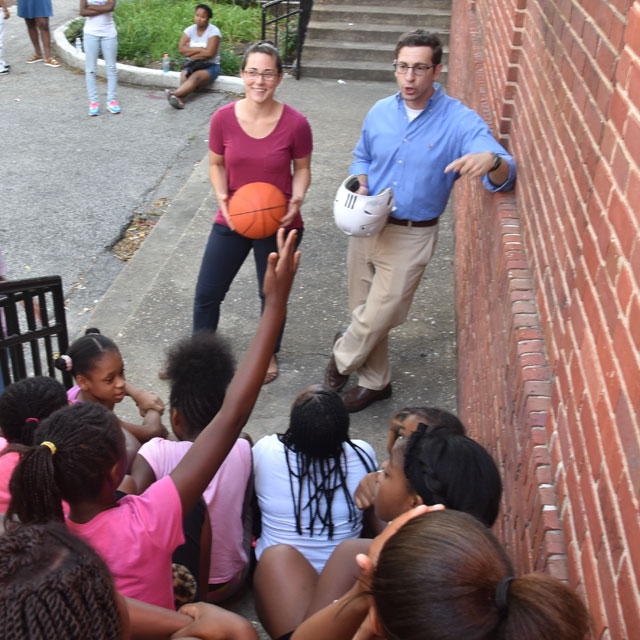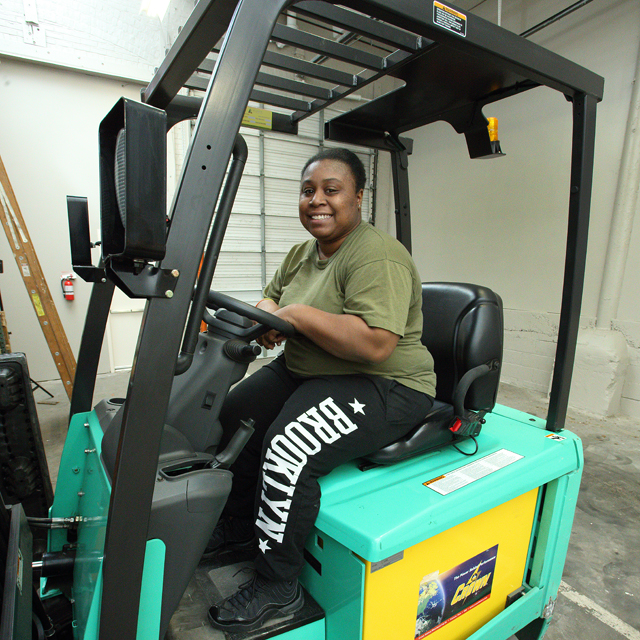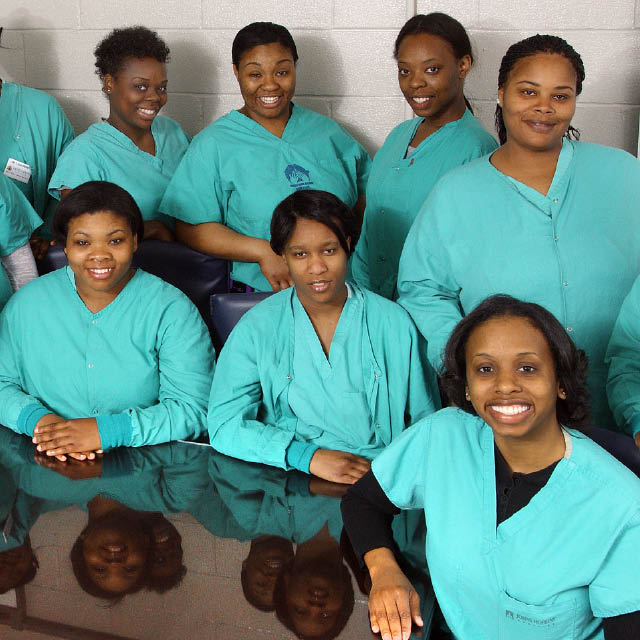As dean of the medical faculty and CEO of Johns Hopkins Medicine, Paul Rothman works to make the city healthier, safer and more prosperous. But he knows more must be done.
That’s why he met recently with about 75 community leaders to talk about East Baltimore’s struggles and how Johns Hopkins can help. “In my five years in Baltimore in this position, I’ve come to love this city,” he said.
The East Baltimore Community Conversation was held June 15 at Henderson-Hopkins, the K-8 neighborhood school operated by the Johns Hopkins University School of Education. The event was coordinated by Johns Hopkins University’s office of Government and Community Affairs, and included city and school officials as well as leaders of faith organizations and community groups.
People in the poorest Baltimore neighborhoods live, on average, 17 years less than people in the wealthiest neighborhoods, and the infant mortality rate is four times higher.
A major cause of health inequality is poverty, a result of high unemployment rates in many neighborhoods. “The thing we keep hearing in the community is that people want jobs,” Rothman noted.
Johns Hopkins has a strong commitment to the communities it serves. Rothman outlined some of the ways the institution has increased hiring and investment in Baltimore, particularly after the 2015 uprising in response to the death of Freddie Gray.
New programs include HopkinsLocal, which boosts local hiring, buying and investment, and P-TECH, a partnership between Johns Hopkins University and the Paul Laurence Dunbar High School, which provides education and support for health care jobs.
This summer, about 400 high school students are working as summer interns at Johns Hopkins, up from 300 in 2015. The Supply Chain Academy provides training for careers in supply chain management. The health system is also a leader in hiring ex-offenders after they serve their time.
"We're very engaged in the whole issue of looking at creative ways to provide work opportunities,” said Ronald R. Peterson, president of the Johns Hopkins Health System and executive vice president of Johns Hopkins Medicine, who also spoke at the event. “We recognize it is the key to beginning to make a dent in the poverty cycle.”
Rothman, who recently launched the Connections e-newsletter to highlight some of the ways Johns Hopkins Medicine supports its communities, listened more than he spoke. “We really want this to be a conversation,” he said.
Cynthia Gross, president of the C.A.R.E. community association, said she worries that revitalization is robbing her neighborhood of affordable housing. Belinda Davis, finance and administration director for the Historic East Baltimore Community Action Coalition, wants more jobs for young people.
Often, Rothman was able to introduce community and Johns Hopkins leaders working on similar issues. Johns Hopkins officials at the meeting included Landon King, executive vice dean of the school of medicine; James Page, chief diversity officer; Peter Pronovost, senior vice president for patient safety and quality; Tom Lewis, vice president for government and community affairs; and Yariela Kerr-Donovan, director of strategic workforce planning and development.
“Everyone here is doing great things to improve life in Baltimore, but apparently we’re not doing enough,” said Sam Redd, director of Operation Pulse, a mentoring program aimed at reducing youth violence. Too many lives are lost to gun violence, he said. “We need to come together and figure out how to stop the madness.”
“This is top of mind for everyone in this room,” said Rothman, who marched in a Cease Fire Peace Walk in Baltimore on Mother’s Day weekend alongside family members of people who had been murdered in the city.



